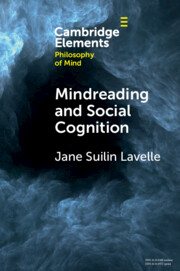Research on the capacity to understand others' minds has tended to focus on representations of beliefs, which are widely taken to be among the most central and basic theory of mind representations. Representations of knowledge, by contrast, have received comparatively little attention and have often been understood as depending on prior representations of belief. After all, how could one represent someone as knowing something if one does not even represent them as believing it? Drawing on a wide range of methods across cognitive science, we ask whether belief or knowledge is the more basic kind of representation. The evidence indicates that nonhuman primates attribute knowledge but not belief, that knowledge representations arise earlier in human development than belief representations, that the capacity to represent knowledge may remain intact in patient populations even when belief representation is disrupted, that knowledge (but not belief) attributions are likely automatic, and that explicit knowledge attributions are made more quickly than equivalent belief attributions. Critically, the theory of mind representations uncovered by these various methods exhibits a set of signature features clearly indicative of knowledge: they are not modality-specific, they are factive, they are not just true belief, and they allow for representations of egocentric ignorance. We argue that these signature features elucidate the primary function of knowledge representation: facilitating learning from others about the external world. This suggests a new way of understanding theory of mind – one that is focused on understanding others' minds in relation to the actual world, rather than independent from it.


